soak seed in willow water?
Related Stories
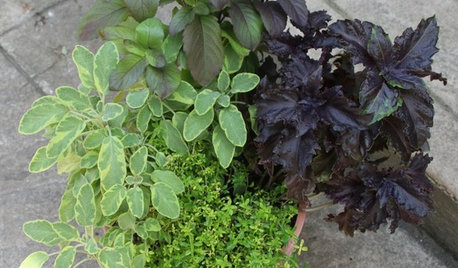
CONTAINER GARDENS8 Easy Container Plants to Grow From Seed
Get beautiful blooms and herbs in summer by starting these choice garden picks from seed in spring
Full Story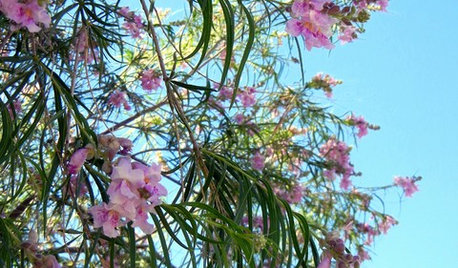
LANDSCAPE DESIGNGreat Design Plant: Paint the Summer Landscape With Desert Willow
If the vibrant flowers of this Southwestern native tree don't blow you away, the hummingbirds, fire resistance and low maintenance will
Full Story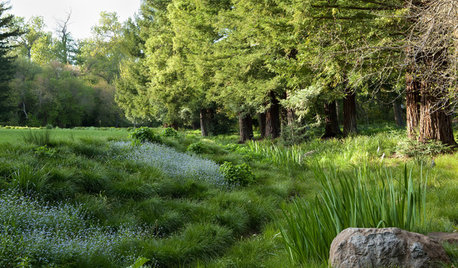
LANDSCAPE DESIGNHow to Move Water Through Your Landscape
Swales, underground pipes or a mix of both: There’s more than one way to distribute water in the garden
Full Story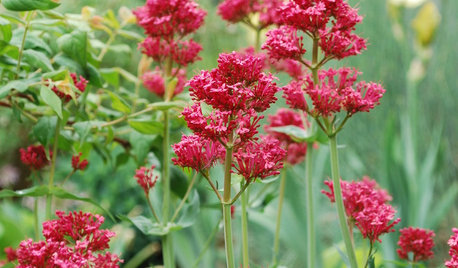
GARDENING GUIDES6 Lovely Water-Wise Perennials for High Altitudes
Even if your climate is cold and dry, you can still celebrate spring with these hardy and colorful perennials
Full Story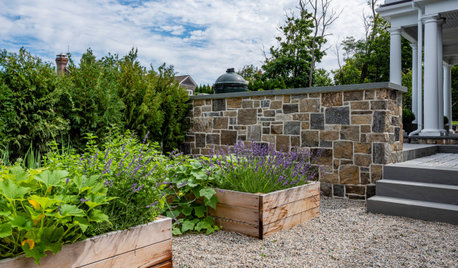
GARDENING GUIDES9 Ways to Be Water-Wise in the Edible Garden
Consider these tips to get a healthy backyard crop that uses less water
Full Story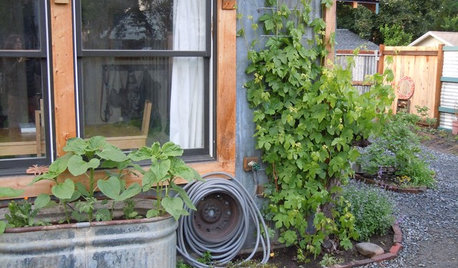
GARDENING GUIDESEdible Gardening Essentials: Tips for Traditional Hand Watering
Save the expense and hassle of a complicated garden system with a simple watering can or inexpensive hose add-ons
Full Story
LIFEThe Top 5 Ways to Save Water at Home
Get on the fast track to preserving a valuable resource and saving money too with these smart, effective strategies
Full Story
LANDSCAPE DESIGNTo Manage Stormwater Sustainably, Understand Your Site
Follow this guide to learn how water moves through your landscape and how best to manage it
Full Story
OUTBUILDINGSMy Houzz: Simply Escapist in Santa Cruz
Thrifty furnishings and a romantic willow tree turn a backyard cabin into a comfy, unpretentious hideaway
Full Story
LANDSCAPE DESIGNLandscape Tour: A Place to Savor Life in California’s Wine Country
A couple’s Napa Valley weekend getaway is designed for outdoor living with a low-maintenance, drought-tolerant landscape
Full StoryMore Discussions







digdirt2
daninthedirt (USDA 9a, HZ9, CentTX, Sunset z30, Cfa)Original Author
Related Professionals
Danbury Landscape Architects & Landscape Designers · Essex Landscape Architects & Landscape Designers · Rancho Cordova Landscape Architects & Landscape Designers · Maple Valley Landscape Contractors · Ashburn Landscape Contractors · Belmont Landscape Contractors · Farmington Landscape Contractors · Haverhill Landscape Contractors · Hoover Landscape Contractors · Lakeville Landscape Contractors · Paramus Landscape Contractors · Post Falls Landscape Contractors · Wallingford Landscape Contractors · Chicago Driveway Installation & Maintenance · The Woodlands Driveway Installation & MaintenanceFourandtwenty
nc_crn
daninthedirt (USDA 9a, HZ9, CentTX, Sunset z30, Cfa)Original Author
nc_crn
daninthedirt (USDA 9a, HZ9, CentTX, Sunset z30, Cfa)Original Author
nc_crn
ZachS. z5 Platteville, Colorado
nancyjane_gardener
daninthedirt (USDA 9a, HZ9, CentTX, Sunset z30, Cfa)Original Author
daninthedirt (USDA 9a, HZ9, CentTX, Sunset z30, Cfa)Original Author
seysonn
ZachS. z5 Platteville, Colorado